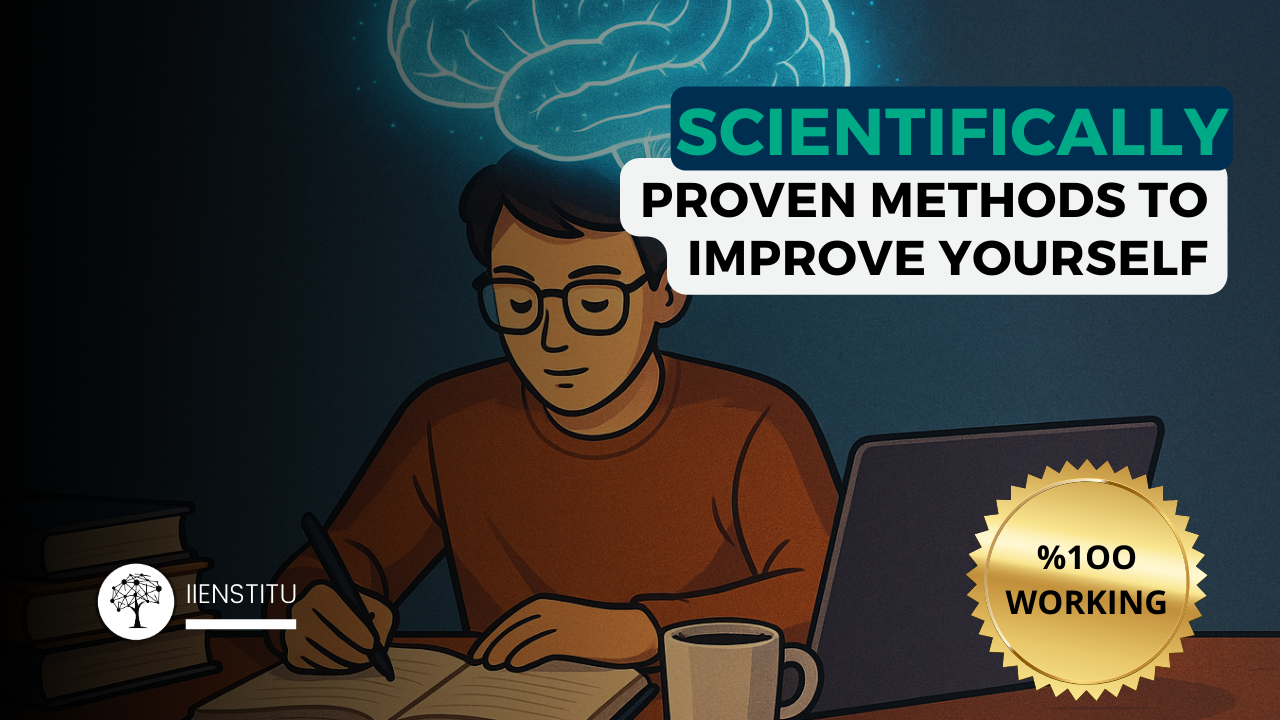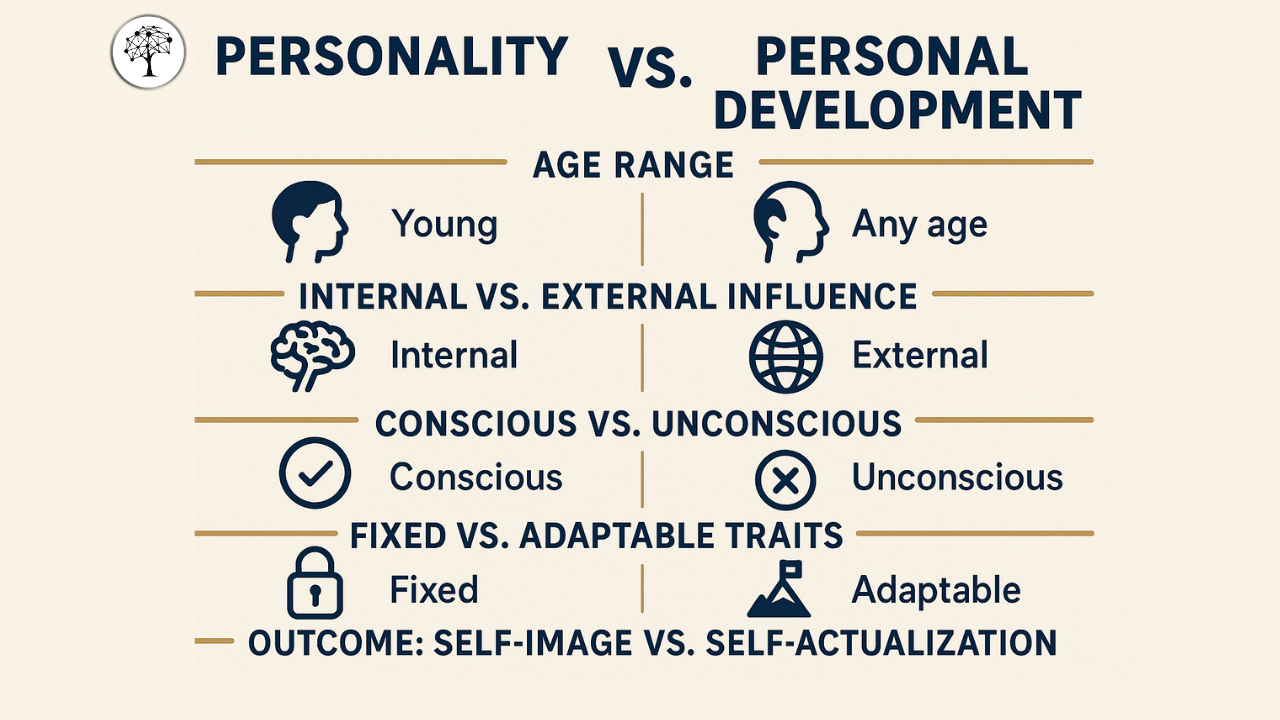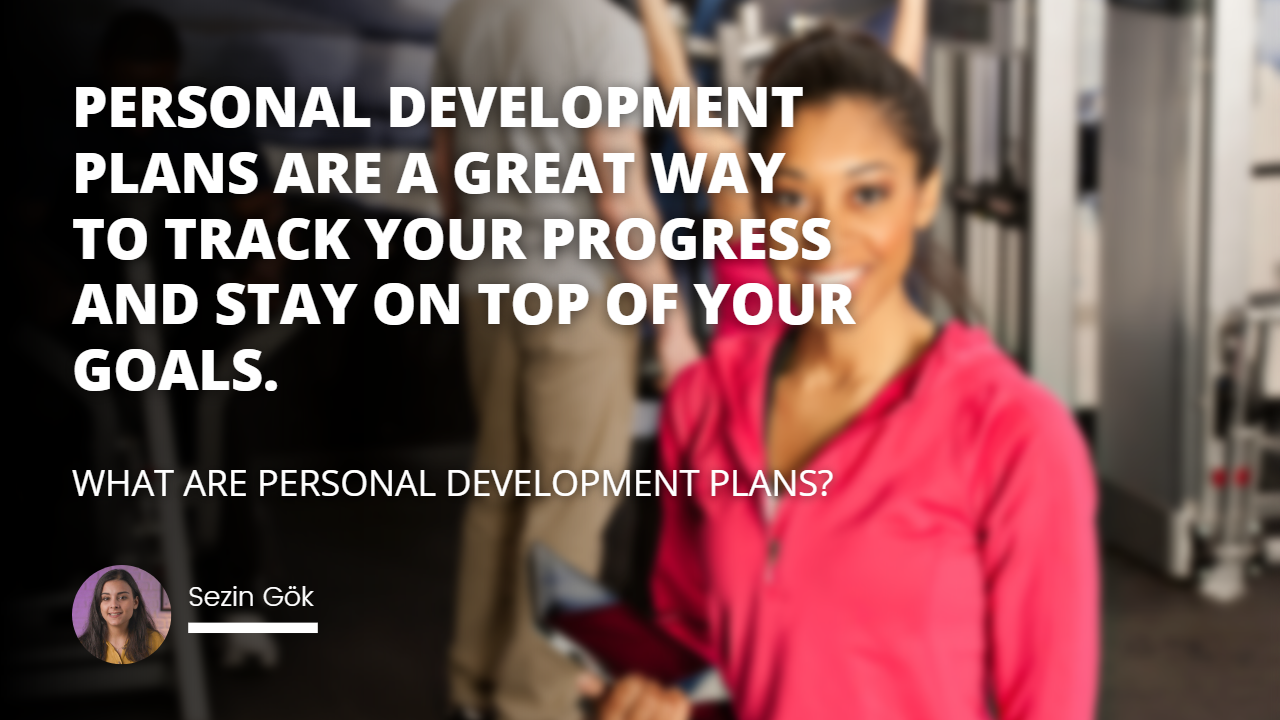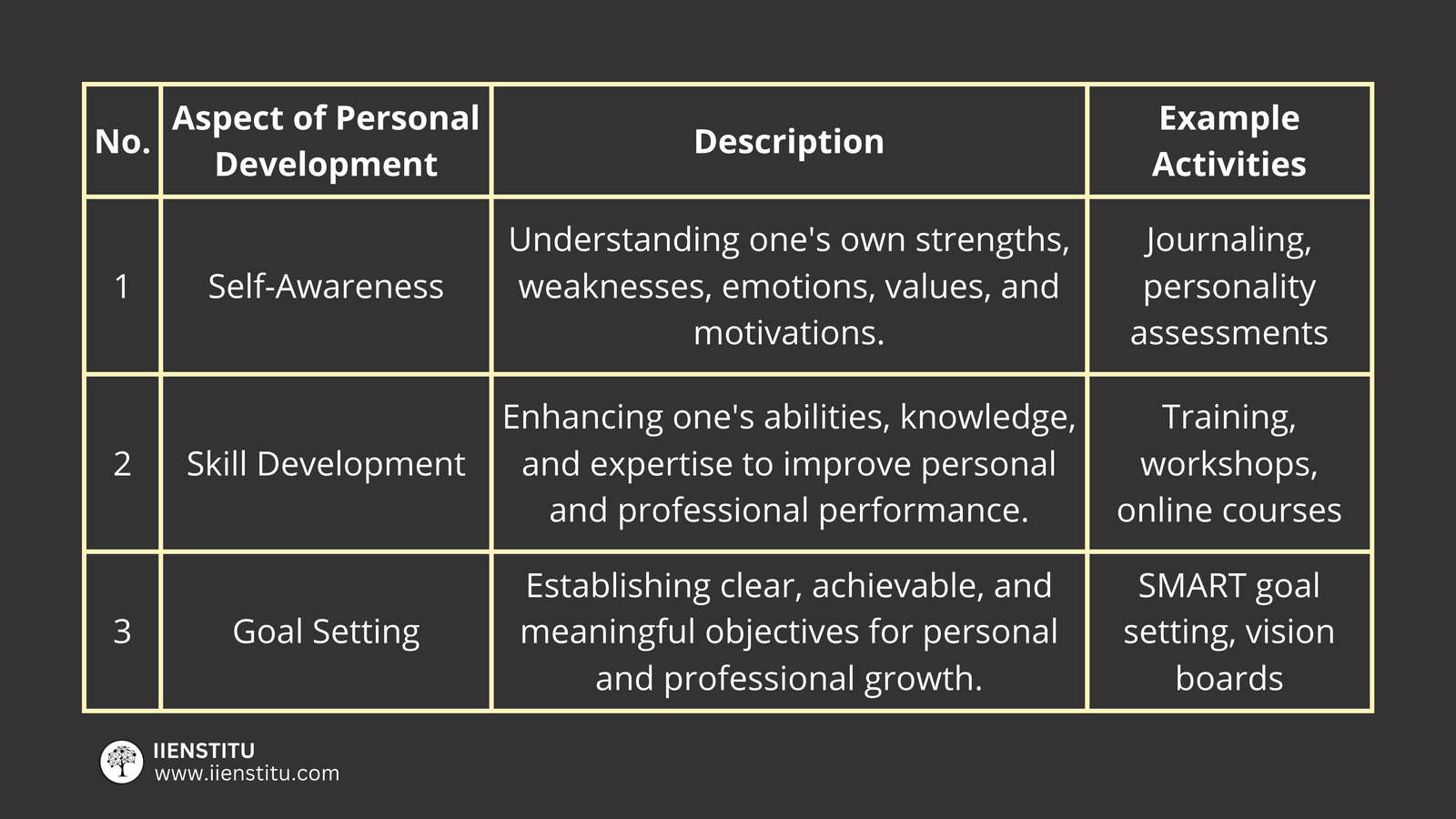
In a world where self-help advice floods our feeds, it’s hard to separate evidence-based techniques from motivational fluff. Many people wonder, “What actually works when it comes to improving myself?” Fortunately, science has answers.
Whether you’re a student, a professional, a stay-at-home parent, or someone seeking personal transformation, there are research-backed strategies to enhance your cognitive, emotional, and behavioral skills.
In this comprehensive guide, you'll learn how to improve yourself using scientifically proven methods — no college degree required, no expensive programs needed.
Why Science Matters in Self-Improvement
Self-improvement isn’t just about feeling good — it’s about sustainable change. The most effective methods are backed by psychology, neuroscience, and behavioral science.
Here’s why science-based strategies work:
✅ They’re tested across diverse populations
✅ They offer measurable outcomes
✅ They improve both mental and physical health
🔬 Example: A 2018 study in JAMA Psychiatry showed that regular mindfulness meditation significantly reduces anxiety, boosts focus, and enhances emotional regulation — all key to personal growth.
Proven Methods to Improve Yourself in Any Life Stage
1. 📚 Learn Online — Anytime, Anywhere
The internet is your gateway to endless knowledge. Research shows that e-learning is not only effective but often more efficient than traditional education.
How to get started:
Online Courses: Platforms like Coursera, edX, and Skillshare offer free or affordable expert-led classes on everything from psychology to public speaking.
Webinars and Podcasts: Live or recorded sessions with experts help you stay updated with trends and deep knowledge.
YouTube Series: Many professionals share tutorial-based content in fields like photography, business, coding, or design.
🧠 Pro tip: Combine passive learning (like watching videos) with active learning (doing exercises or creating projects) to boost retention by 75%.
2. 🧘 Practice Daily Mindfulness and Meditation
Numerous scientific studies confirm that meditation rewires the brain. It enhances areas linked to empathy, memory, and stress control.
Benefits of daily mindfulness:
Reduces cortisol (stress hormone)
Increases gray matter in brain regions responsible for learning
Improves sleep, focus, and emotional control
Start with just 10 minutes a day using apps like Headspace or Insight Timer. Stay-at-home parents, especially, benefit from this clarity and emotional reset.
3. 👩💻 Grow Without a College Degree
University isn’t the only path to success. In fact, non-traditional learning paths are becoming more accepted and even preferred in many industries.
Scientific methods for growth without college:
Mentorship: Learning directly from experienced professionals increases knowledge retention and boosts motivation.
Internships and Apprenticeships: Provide practical skills and industry exposure.
Project-Based Learning: Start your own blog, app, or business idea — real-world experience beats theory.
💡 Real story: A friend of mine built a successful online business using only YouTube tutorials and feedback from online communities. No formal education involved.
4. 🧵 Stay-at-Home? Still Have Big Potential
For stay-at-home parents or those in non-traditional roles, personal development is essential to maintain confidence and intellectual engagement.
Try these:
Crafting or Gardening: Hobbies like sewing, painting, or planting improve hand-eye coordination and relieve stress.
Skill-Based Learning: Learn a new language, digital marketing, or nutrition — online courses are flexible for any schedule.
Reading Books: Set a goal of reading one non-fiction book per month.
Research shows that continuous learning maintains neuroplasticity, meaning your brain stays sharper, longer.
5. 🧠 Apply the Growth Mindset
Psychologist Carol Dweck coined the term growth mindset, the belief that intelligence and abilities can be developed.
Science says:
Those with a growth mindset persist longer in the face of challenges
They view failure as feedback, not defeat
They engage in more meaningful learning experiences
Practice by rephrasing your inner monologue:
❌ “I’m bad at this.”
✅ “I’m still learning this.”
6. 💬 Strengthen Soft Skills for Career Success
According to LinkedIn’s 2023 Global Talent Report, soft skills are more in demand than hard technical knowledge.
In-demand skills:
Emotional Intelligence
Adaptability
Public Speaking
Team Collaboration
🎯 Science-backed tip: Practicing with feedback (e.g., Toastmasters or peer review) increases skill development speed by up to 50%.
Choosing the Right Personal Development Program
Not all personal development courses are created equal. Here's how to make a science-based decision:
Checklist:
🎯 Set Clear Goals: Know what you want to learn and why
🧑🏫 Verify Instructor Expertise: Look for credentials and real-world experience
🗣️ Check Reviews: Peer feedback often reveals course effectiveness
🎬 Try Demo Classes: Platforms like Skillshare and FutureLearn offer previews
✅ Example: A mindfulness course by a certified clinical psychologist will likely offer more value than one by an influencer with no credentials.
Real-Life Application: How to Use What You Learn
Learning is not enough. Implementation matters. Here’s how to apply new knowledge effectively:
Start a Challenge: 30 days of journaling, daily Spanish lessons, or public speaking videos
Teach Others: Explaining what you've learned reinforces retention by 90%
Create a Portfolio: Showcasing projects builds confidence and attracts opportunities
Ask for Feedback: Growth accelerates when you allow critique
✅ Summary: The 7 Golden Rules of Science-Based Personal Growth
These seven golden rules are grounded in scientific research from neuroscience, psychology, and education. They are designed to help you build lasting, measurable progress in your personal development journey:
Learn actively, not passively
Don’t just read or watch content — take notes, teach others, practice, or apply it. Active engagement strengthens memory and skill acquisition far more effectively.Track your progress weekly
Use journals, habit trackers, or apps to reflect on what you've learned and achieved. Monitoring progress keeps motivation high and shows your growth over time.Stay consistent — even 15 minutes a day makes a difference
Consistency beats intensity. Short, daily practice is proven to build stronger neural pathways than cramming or irregular efforts.Choose quality sources backed by experts
Learn from professionals, peer-reviewed studies, or certified educators. This ensures you're building your knowledge on accurate and credible foundations.Apply what you learn in real-life situations
Practical application cements learning. Start a small project, use a new skill at work, or discuss your new insights with others.Ask for guidance from mentors or coaches
Learning accelerates when you get direct feedback. Mentors can offer shortcuts, perspective, and motivation based on experience.Reflect regularly — growth is a mindset shift
Take time to review your actions, thoughts, and progress. Self-reflection improves decision-making and reinforces your learning process.
Frequently Asked Questions
What are the best science-backed self-improvement methods?
Online learning, mindfulness meditation, mentorship, and project-based learning are all proven to enhance cognitive function, emotional regulation, and practical skills.
Can I improve myself without going to college?
Absolutely. Many successful people use online courses, personal projects, and real-world experience to grow without formal education. Science supports non-traditional learning paths as effective.
How long does it take to see results from personal development?
Consistent practice over 6–12 weeks typically shows noticeable improvements in habits, mood, and productivity. The key is small, consistent steps daily.


